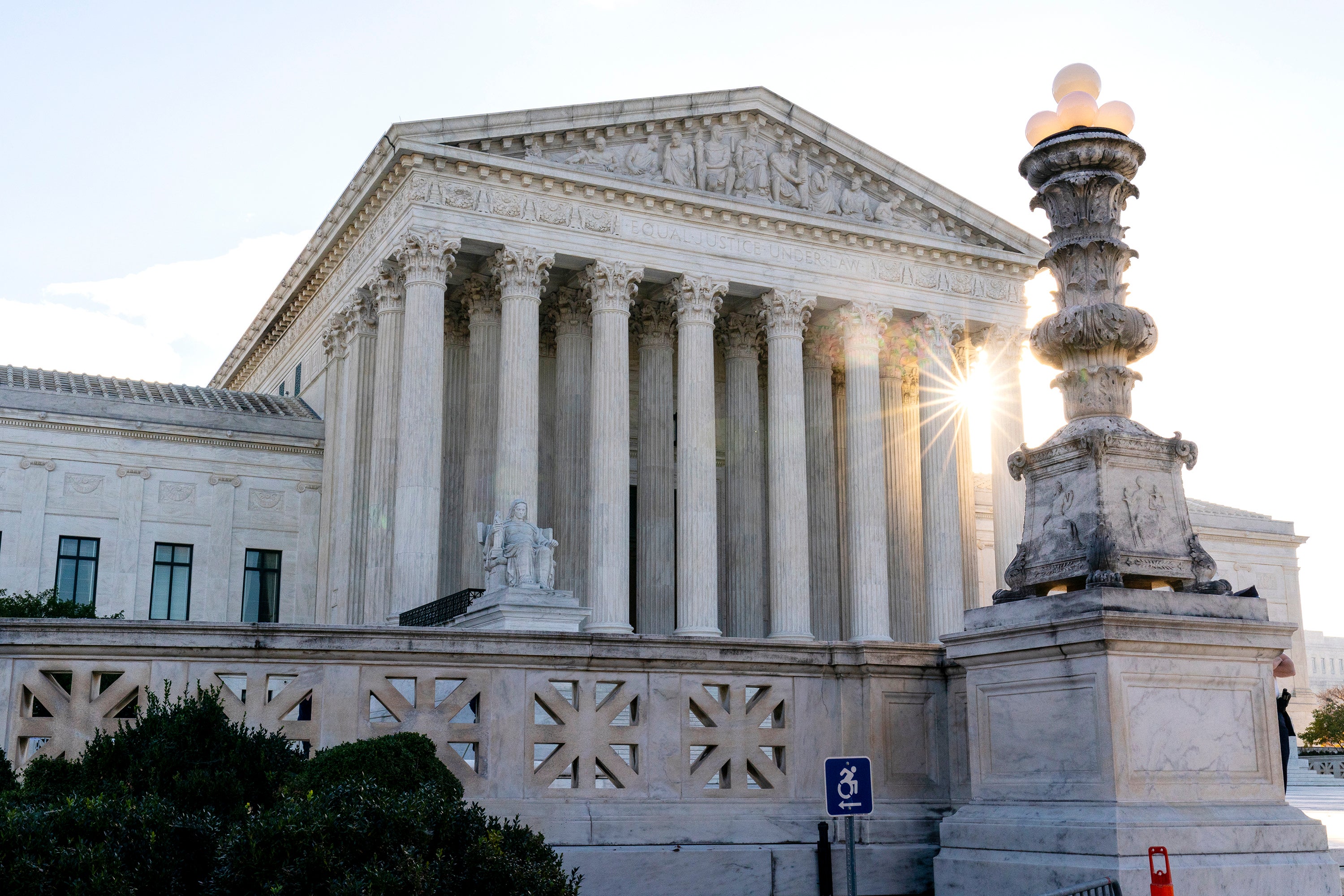Supreme Court limits prosecutors' use of anti-hacking law
The Supreme Court is limiting prosecutors’ ability to use an anti-hacking law to charge people with computer crimes

The Supreme Court on Thursday limited prosecutors' ability to use an anti-hacking law to charge people with computer crimes.
Conservative and liberal justices joined to rule 6-3 that prosecutors overreached when they used the federal Computer Fraud and Abuse Act to charge a police sergeant who used a database he had access to for work for a non-work purpose.
Lawyers for the police sergeant had warned that if the court ruled against him it could make a federal crime out of using a computer for virtually any unauthorized purpose, from “checking sports scores at work to inflating one's height on a dating website."
The court agreed, with Justice Amy Coney Barrett writing for the majority that the government's interpretation of the law “would attach criminal penalties to a breathtaking amount of commonplace computer activity.” She said if the government's interpretation of the law were correct then "millions of otherwise law-abiding citizens are criminals."
The case in which the justices ruled involved Nathan Van Buren, a police sergeant in Cumming, Georgia. As part of his job, he had access to a law enforcement database of license plate and vehicle registration information. As part of an FBI sting operation Van Buren was asked to conduct a license plate search in exchange for money. After he ran the search, prosecutors charged him with violating the Computer Fraud and Abuse Act.
Van Buren was sentenced to 18 months in prison. He argued the law didn’t apply because he accessed a database that he was authorized to access.
The case is Van Buren v. United States 19-783.